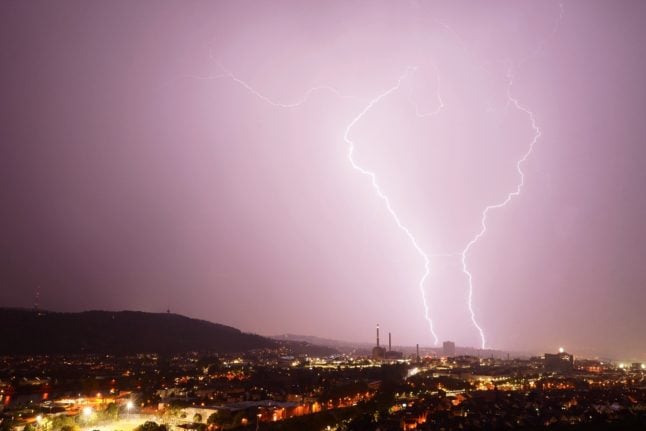The Bild newspaper revealed ahead of its Sunday edition that 55 percent of those asked would prefer to get rid of the twice-yearly time-changing ritual, while 41 percent were in favour of keeping it.
But this represents a slight moderation in the German opinion, because in an identical survey carried out by the same newspaper last year, all of 62 percent called for an abolition of daylight saving.
The most discontented Germans are those in the 40 to 49-year-old age bracket, 77 percent of whom see no benefit in trying to make them late for their springtime Sunday appointments, while younger Germans, those between 14 and 29, were more sanguine – only 41 percent felt the need to change the current system.
The results also show an East-West divide on this hot-button topic – there is more resistance to daylight saving time changes in the former East Germany (62 percent) than the former West (54 percent).
In almost all European countries, the clocks will move forward by one hour at 2 am this Sunday morning. On the last Sunday in October, all the little hands will have to be moved back again.




 Please whitelist us to continue reading.
Please whitelist us to continue reading.